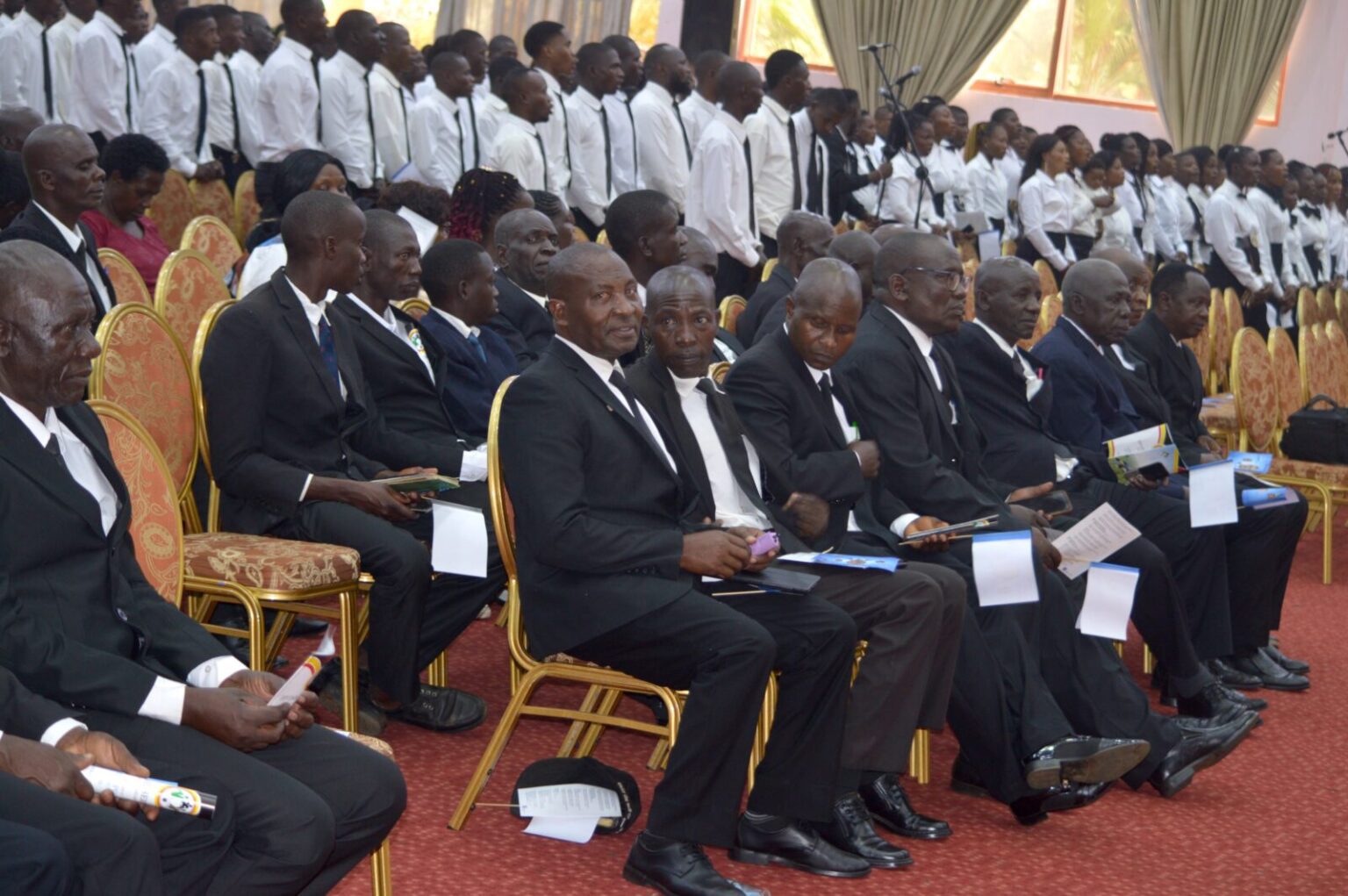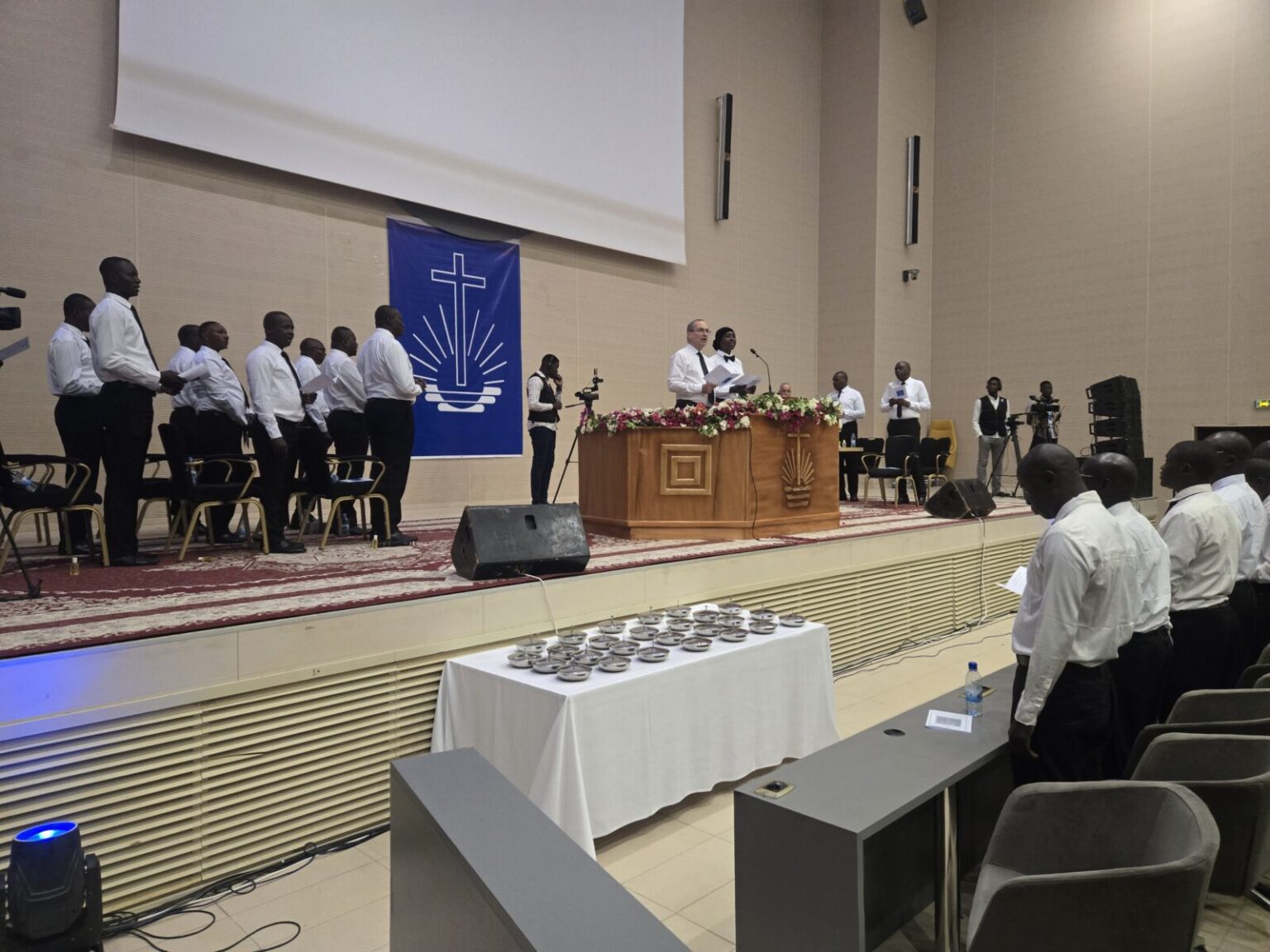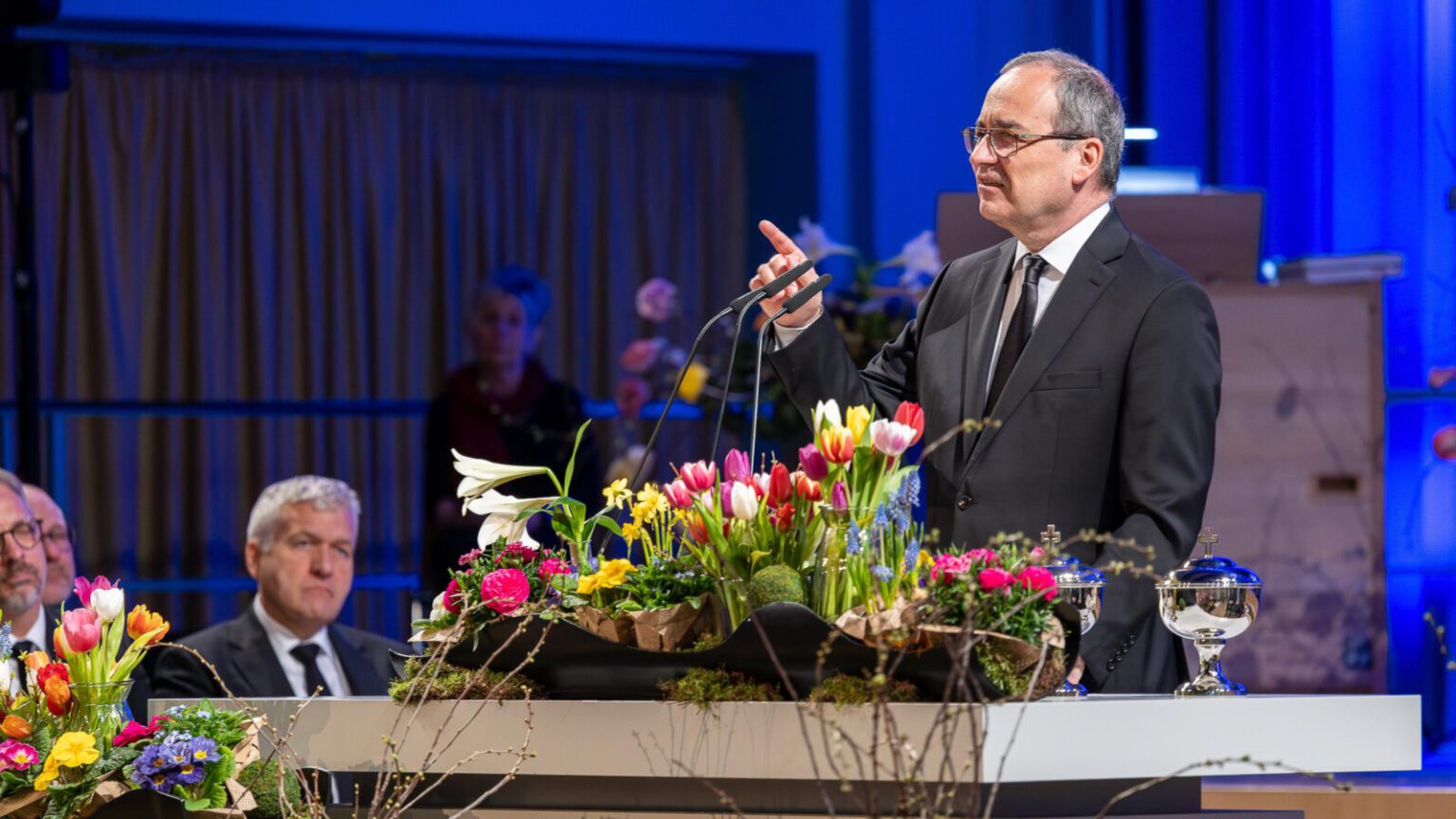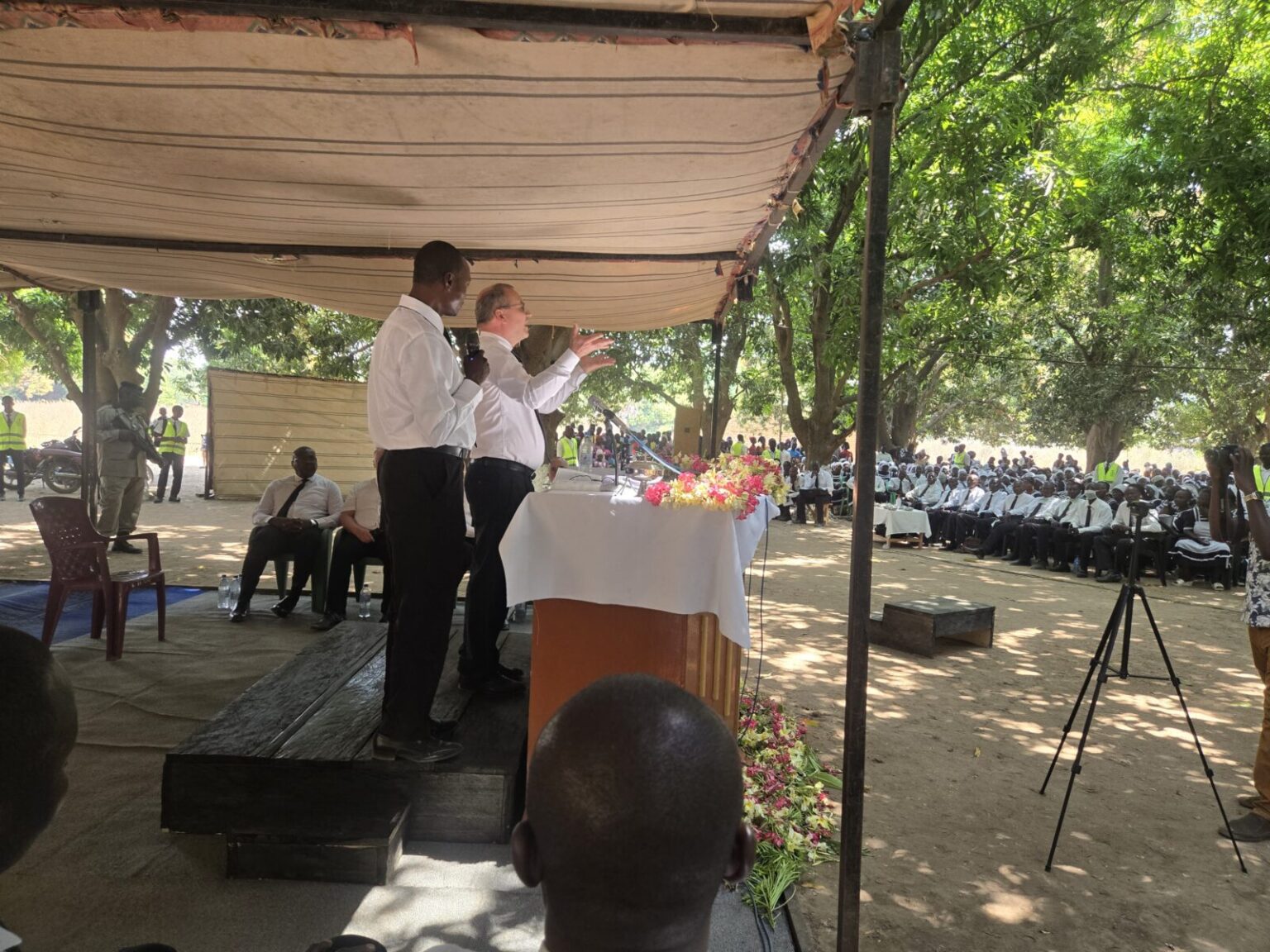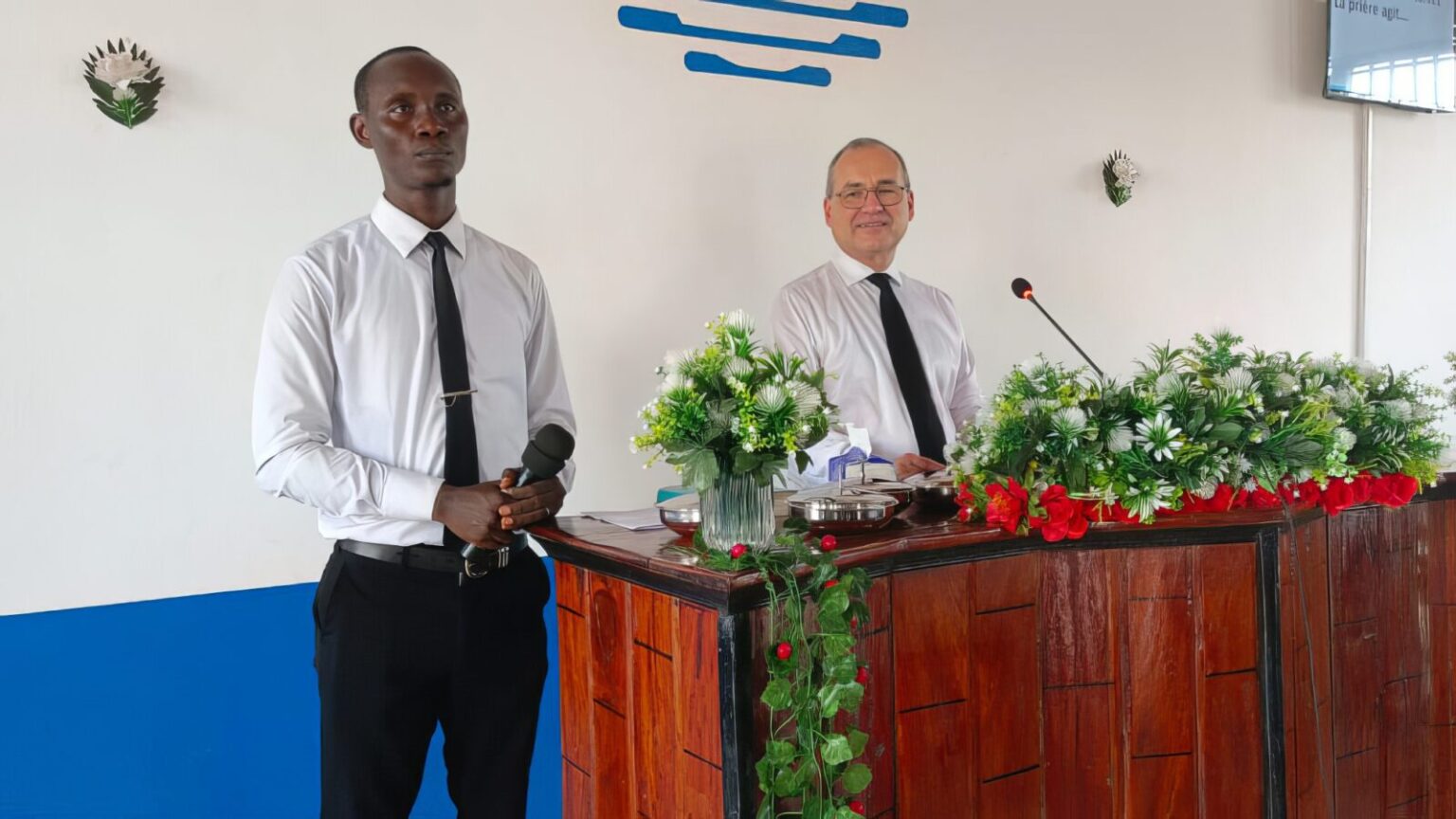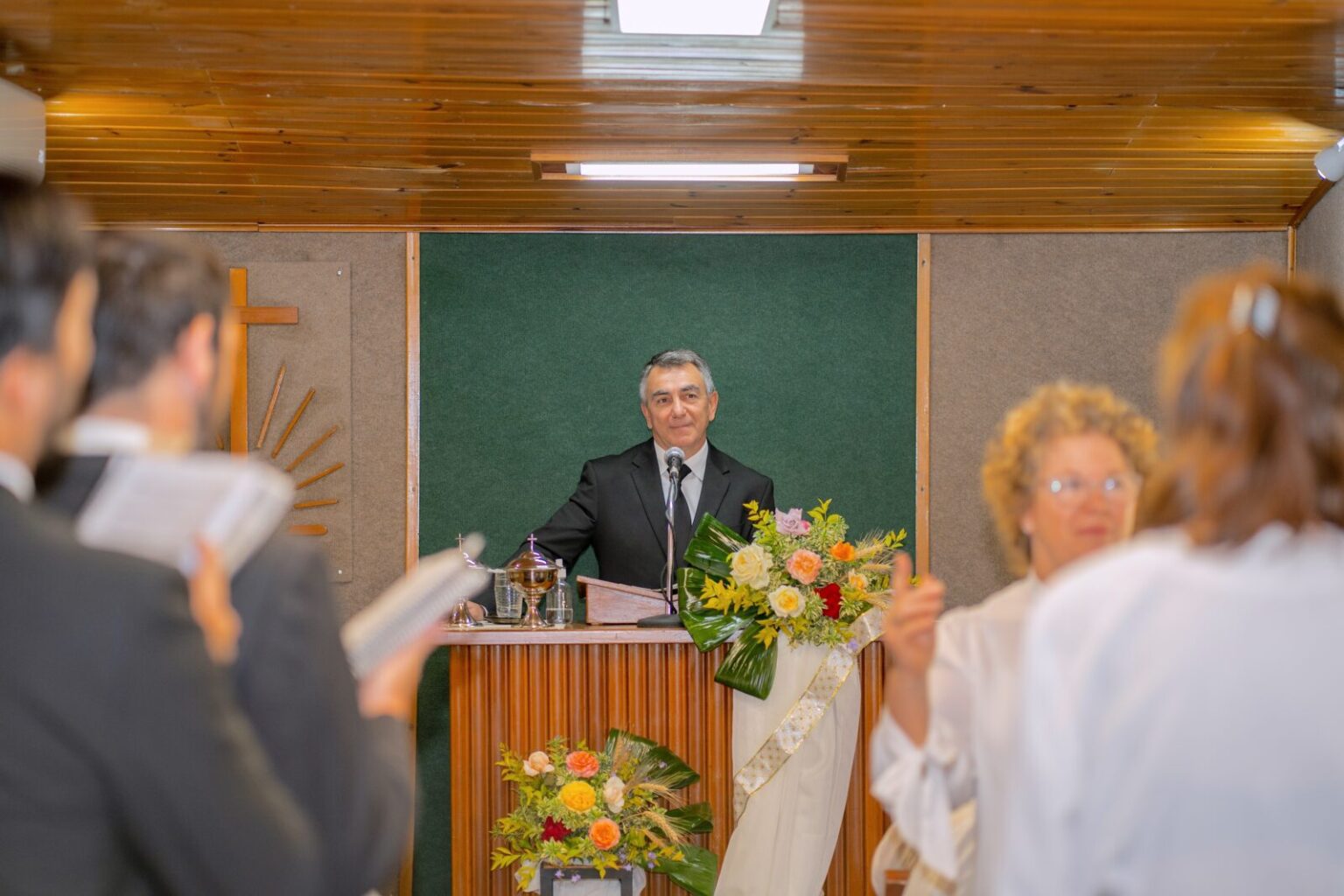
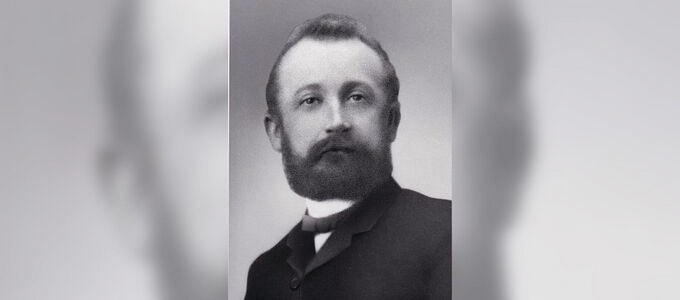
A life for the Church. This is not quite how Johann Christoph Leonhard Hohl envisaged his life. And yet he followed God’s call as one of the first. Apostle Hohl was born 200 years ago today.
The General Christian Apostolic Mission of Hamburg (allgemeine apostolische Gemeinde zu Hamburg) had only just separated itself from the Catholic Apostolic Church when Johann Christoph Leonard Hohl was called as an Apostle for the Church, which only became known as the New Apostolic Church 33 years after his death.
Different from what was planned
Exactly 200 years ago, Marie and Georg Alexander Hohl had a son whom they named Johann Christoph Leonhard. They were Protestants and lived in Weikersheim, a small town in the south of Germany. There Johann eventually met and fell in love with Margarethe Streng. She, though, had found work as a maid in the far north of Germany, in Hamburg. Johann decided to follow his sweetheart.
He found work in Hamburg as a metal worker. Margarethe and Johann tied the knot in 1849. The groom’s best man was a certain E.F.C. Gronau, who later became New Apostolic. It was likely he who invited the young couple to the apostolic congregation in Hamburg, where they were only too happy to stay.
Their happiness was crowned with six children: Carl, Eduard, Sophie, August, Emil, and Otto. After Johann passed his exams to become a master metal worker, he opened his own business in 1854. Actually, the family could have enjoyed a quiet and happy life, but God obviously had other plans.
At His word…
In the service on Sunday, 30 October 1864 the prophet Johann Heinrich Ernst Ludwig Geyer called four men of the congregation as Apostles: Johann August Ludwig Bösecke for Wrocław, Heinrich Ferdinand Hoppe for North America, Peter Wilhelm Louis Stechmann for Hungary, and Johann Christoph Leonhard Hohl for the south of Germany. He was to begin his mission in Giessen and Frankfurt.
This would prove to be a challenging time for the newly ordained Apostle. He had to sell his business and his house and find himself a new job. How was he to support his wife and their children, who were between one and 14 years old. At the time, financial support from the Church was not possible.
After a year, the family had sold their house and business in Hamburg and moved back to their hometown for the time being. Here at least the grandparents were able to help with the children so that the Apostle could still go out and work for the Church after a twelve to fourteen-hour working day.
Apart from Prussia, there was no religious freedom anywhere in the then German Confederation at the time. In the then Kingdom of Württemberg, the Apostle was not allowed to conduct any public church services. All he could do was tell people about his faith in personal conversations.
Golden times in Giessen
About 16 years passed without there being any really visible success. It can be assumed that Johann Hohl travelled to Giessen again and again to talk to people there about his faith and to try and find a job.
It was not until the summer of 1881, however, that Apostle Hohl actually found work in an ironworks in Giessen and could then also concentrate more on his Church activity there as well.
Georg Gustav Adolf Ruff, an Evangelist who had lived in Worms until then, found a job in the same factory so that the two men not only worked for the same company, but also worked together in the Church and became friends. They often hiked into the surrounding area to try and inspire and win people for their faith.
In his house in Giessen, there was a big room in which Apostle Hohl conducted services on Sundays and held information evenings twice a week for interested people. Since 1871 there had been freedom of religion in the state of Hesse as well.
Last stop Frankfurt
Another prophecy reminded Apostle Hohl that there were also people in the city of Frankfurt on Main waiting for him to evangelise there. And so, in March 1885, he moved to Frankfurt to be able to win more people for his faith. By then he was 62 years old. Soon after the move, his health started to fail. At first, he would not give in and prayed that he would regain his health, but before long he accepted his illness. He died peacefully on 20 May 1887, only a few days short of his 65th birthday.
Later, his friend and co-worker Gustav Ruff, who was ordained as an Apostle by Apostle Friedrich Wilhelm Menkhoff in 1888, took over the care of the orphaned congregations.
Photo: NAC Western Germany central archive





